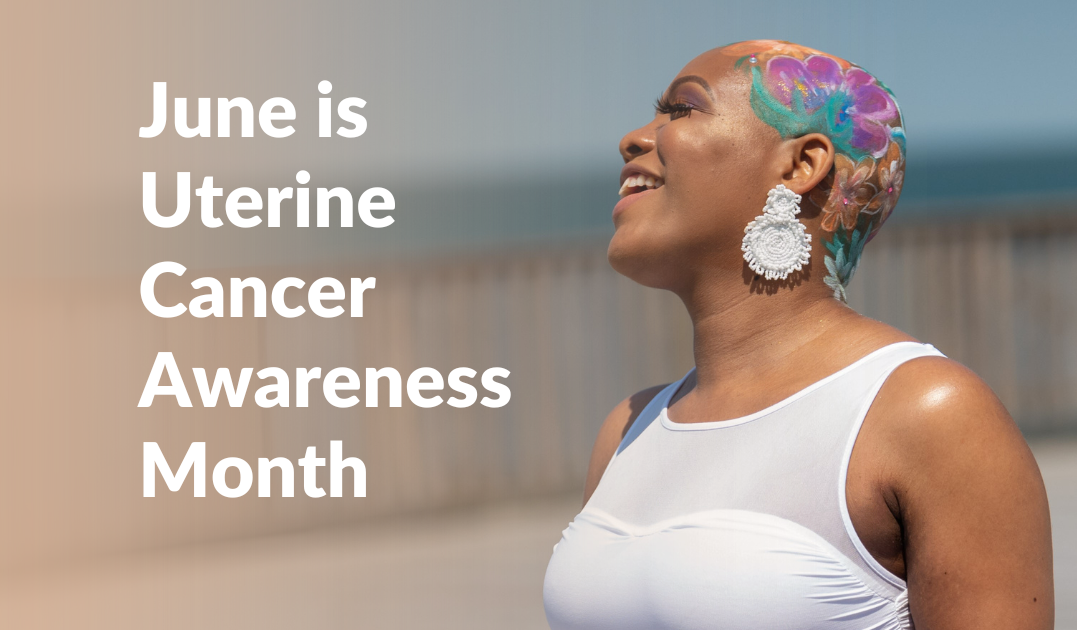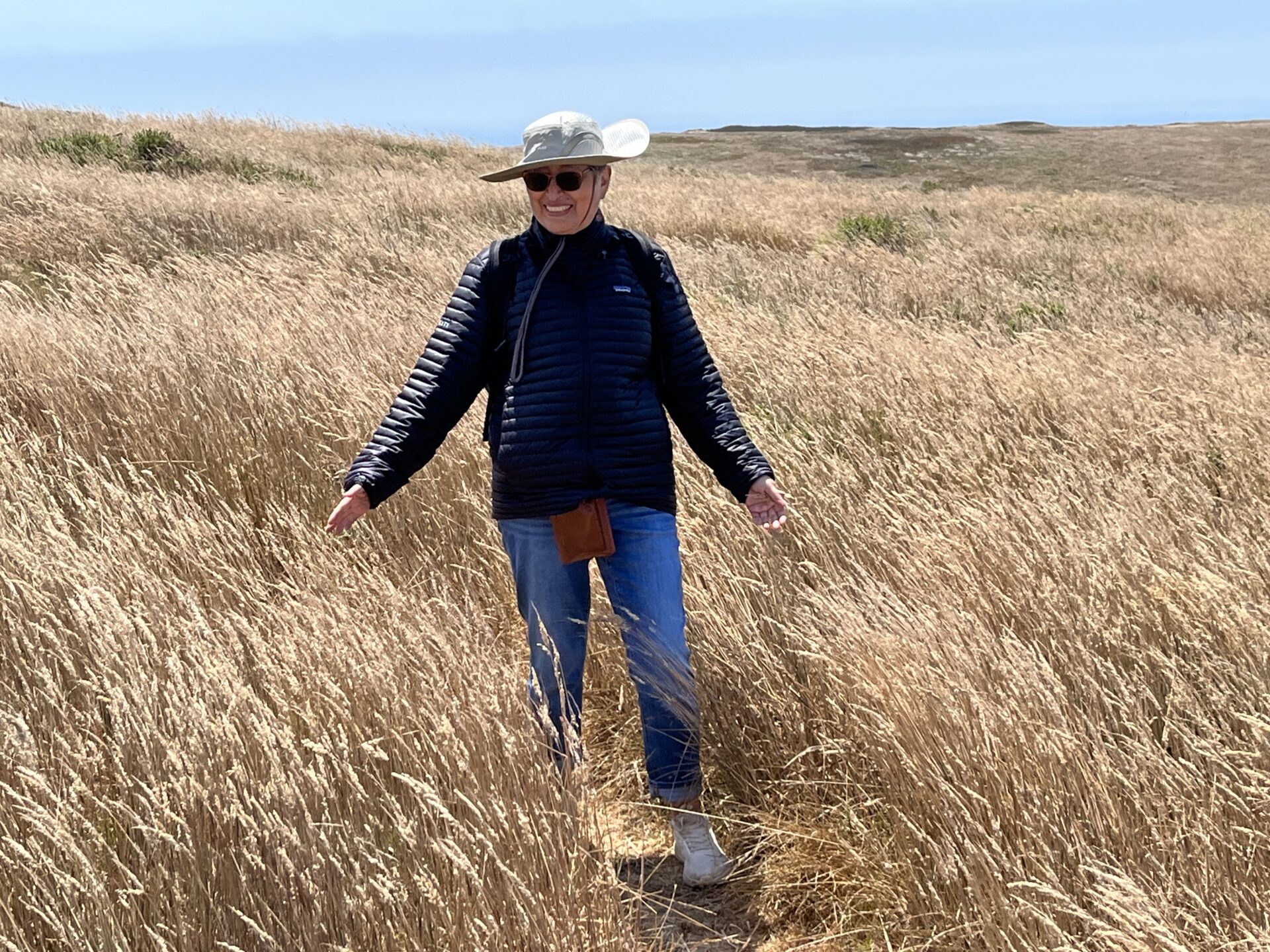TODAY show contributor Jill Martin opened up about her recent breast cancer diagnosis, and urged viewers to speak with their doctors to see if genetic testing is warranted.
Says Martin, “I am telling this story now because I couldn’t go through months of operations, and start to recover both physically and mentally, without shouting from the rooftops telling everyone to check with their doctors to see if genetic testing is appropriate…I am talking about this not to scare you, but to raise awareness so that maybe you can be tested and identify a BRCA or other genetic mutation earlier.”
In an emotional interview with TODAY, Martin shared her lifesaving message, and talked about her own family history of breast cancer, noting that her grandmother passed away from breast cancer, and her mother had a double mastectomy after being diagnosed with what is commonly known as “stage 0 breast cancer.”
Despite her family history, Martin was not initially concerned about her own risk due to her mother’s negative BRCA gene mutations test result. However, prompted by her doctors, she took an at-home saliva test, and discovered that she carries a BRCA 2 mutation inherited from her father. A BRCA mutation is one of the most significant known risk factors for developing breast and ovarian cancers, and can be passed down from either biological parent.
Following her genetic testing results, Martin received additional tests which led to her breast cancer diagnosis.
We’re grateful to Jill Martin for using her platform to share this lifesaving information. Her experience highlights the importance of knowing genetic risk for breast and ovarian cancer, and taking preventive action.
Says Martin, “In a few months, I will also need my ovaries and fallopian tubes taken out as part of the preventative surgery process, as my chances of getting ovarian cancer are now 20% higher, according to my doctors. That is not a percentage I am willing to live with.”
OCRA offers free at-home genetic testing for BRCA mutations
Know your risk. Take our quick questionnaire to see if you qualify for a free genetic testing kit, which tests for mutations that increase risk for breast cancer and ovarian cancer.


